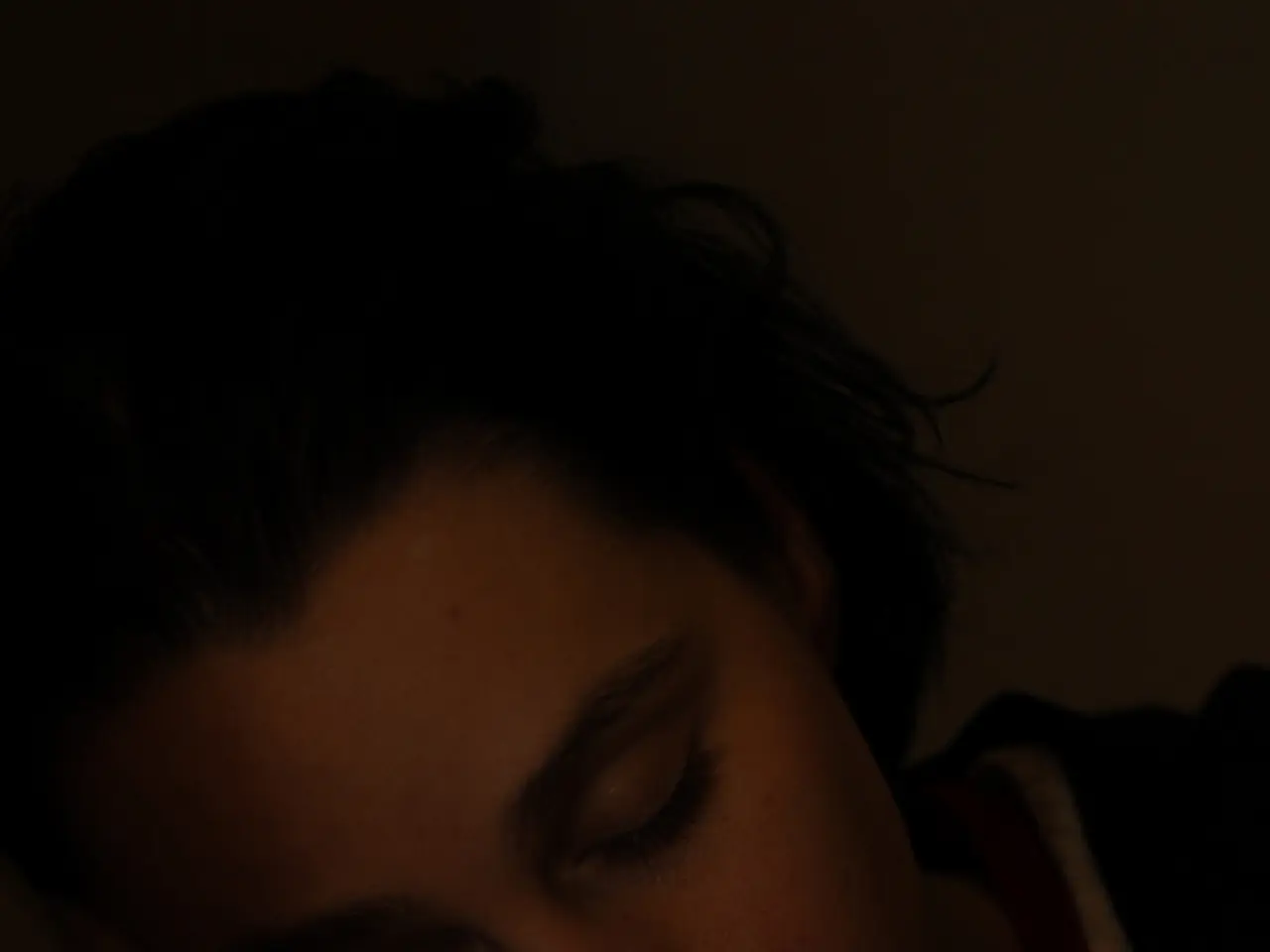Sleep Safety of Melatonin for Insomnia in Schizophrenia Patients?
Schizophrenia, a mental health condition characterized by hallucinations, delusions, disorganized speech and behaviours, social withdrawal, thought disturbances, and lack of motivation, is often associated with sleep disorders. These sleep disturbances can increase the likelihood of suicidal thoughts and behaviours, making it a critical area of focus for those living with the condition.
A lower production of natural melatonin, due to schizophrenia, may lead to disruptions in the sleep-wake cycle. Melatonin is a hormone that regulates sleep-wake cycles, and its deficiency can result in sleep problems, including insomnia. Fortunately, melatonin is a widely available dietary supplement designed to treat insomnia and other sleep-related concerns.
However, when taken with antipsychotic medications, melatonin can increase specific side effects like drowsiness and dizziness. The most common drugs recommended by doctors for schizophrenia are atypical antipsychotics such as Quetiapine and Aripiprazole. Quetiapine works by blocking serotonin and dopamine receptors and is often used to treat schizophrenia and mood episodes. Melatonin's side effects potentially involving sedation or interactions with the nervous system may interact with antipsychotics, but specific evidence on melatonin’s interaction with these drugs is limited; caution and medical consultation are advised when combining melatonin with neuroleptics due to possible additive effects on the central nervous system.
Using second-generation antipsychotics such as aripiprazole (Abilify) or olanzapine (Zyprexa) may increase the risk of certain side effects when taken with melatonin. The Food and Drug Administration (FDA) does not regulate or approve the use of melatonin.
A 2019 study found that 80% of participants diagnosed with schizophrenia and related disorders received a sleep disorder diagnosis, with insomnia being the most common (50%) and nightmare disorder being the second most common (48.3%). This highlights the prevalence of sleep problems in those with schizophrenia.
When experiencing difficulty sleeping, it's important to consult a doctor, as melatonin may not be suitable for everyone. Various types of therapy, including cognitive behavioral therapy (CBT), relaxation therapy, stimulus control therapy, may help manage insomnia symptoms. Lifestyle changes such as limiting caffeine, alcohol, smoking, daytime naps, and adding a regular exercise program and a healthy diet may also improve sleep.
If melatonin isn't successful in improving sleep, other options such as improving sleep hygiene and incorporating relaxation techniques may be helpful. A recent study found mixed results regarding the effects of melatonin on sleep in people diagnosed with schizophrenia, emphasizing the need for further research in this area.
Prioritizing sleep is essential for managing schizophrenia symptoms and maintaining physical and mental health. More research is needed to understand the benefits and potential side effects of melatonin therapy for people with schizophrenia.
For those experiencing thoughts of suicide or self-harm, the National Suicide Prevention Lifeline (800-273-8255), Crisis Text Line (741741), The Trevor Project (866-488-7386, text "START" to 678678, or online chat), Veterans Crisis Line (800-273-8255, text 838255, or online chat), Deaf Crisis Line (321-800-DEAF or text "HAND" at 839863), Befrienders Worldwide (international crisis helpline network), and other resources are available.
Read also:
- Nightly sweat episodes linked to GERD: Crucial insights explained
- Antitussives: List of Examples, Functions, Adverse Reactions, and Additional Details
- Asthma Diagnosis: Exploring FeNO Tests and Related Treatments
- Unfortunate Financial Disarray for a Family from California After an Expensive Emergency Room Visit with Their Burned Infant








